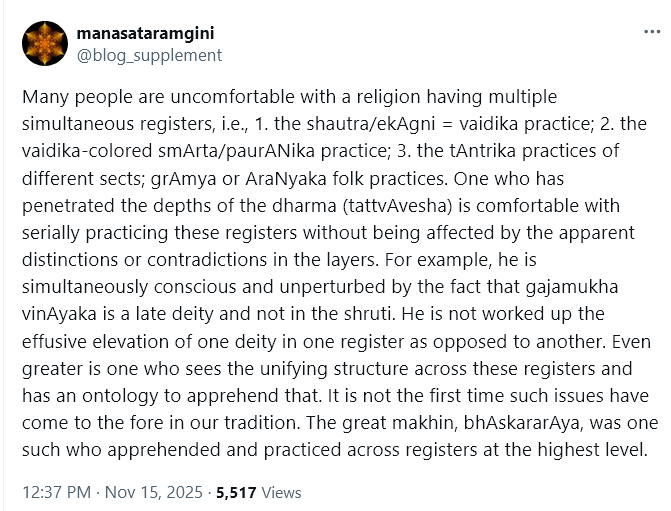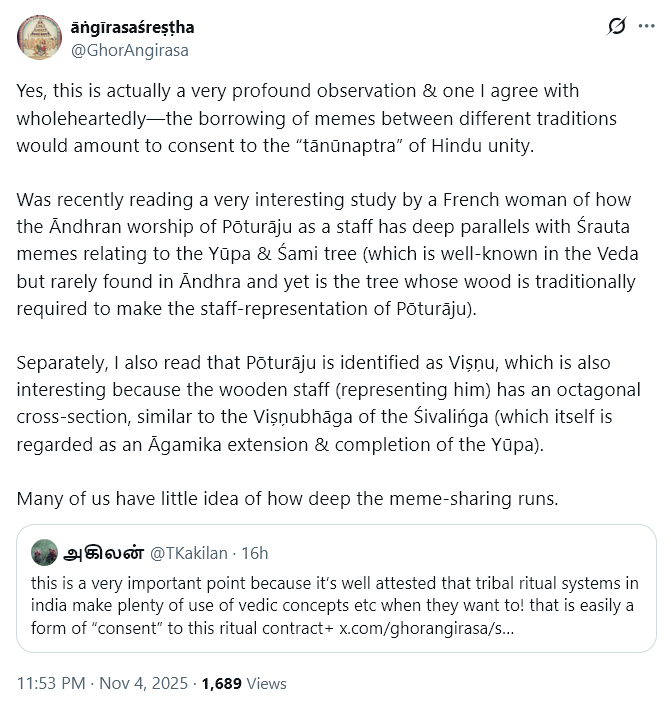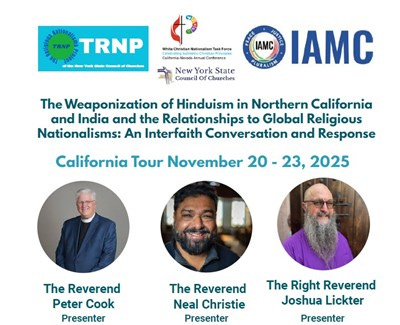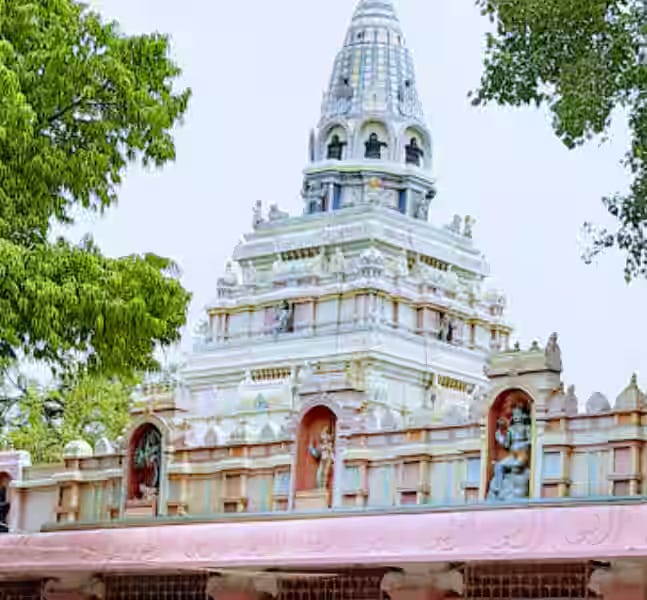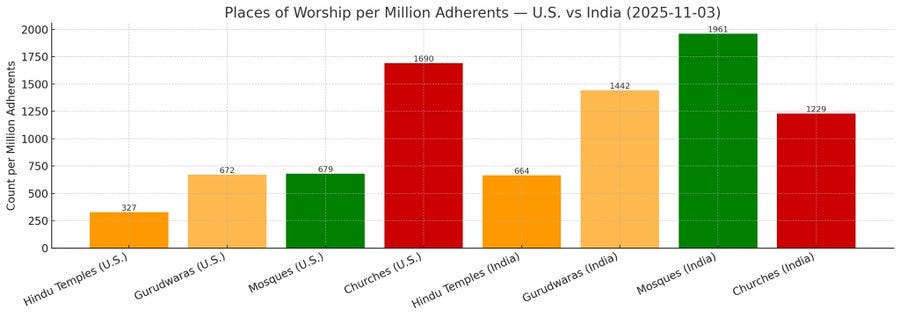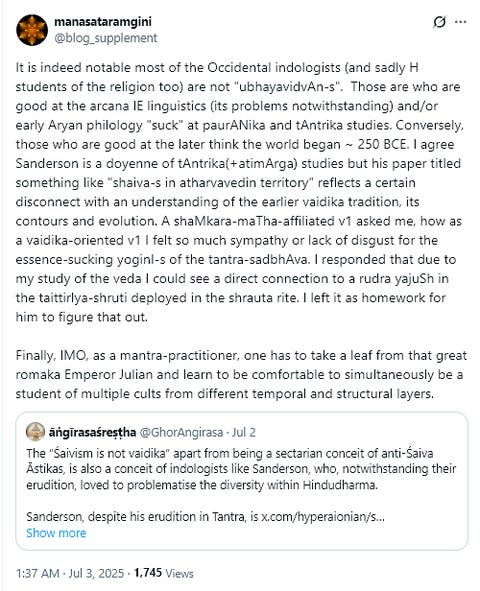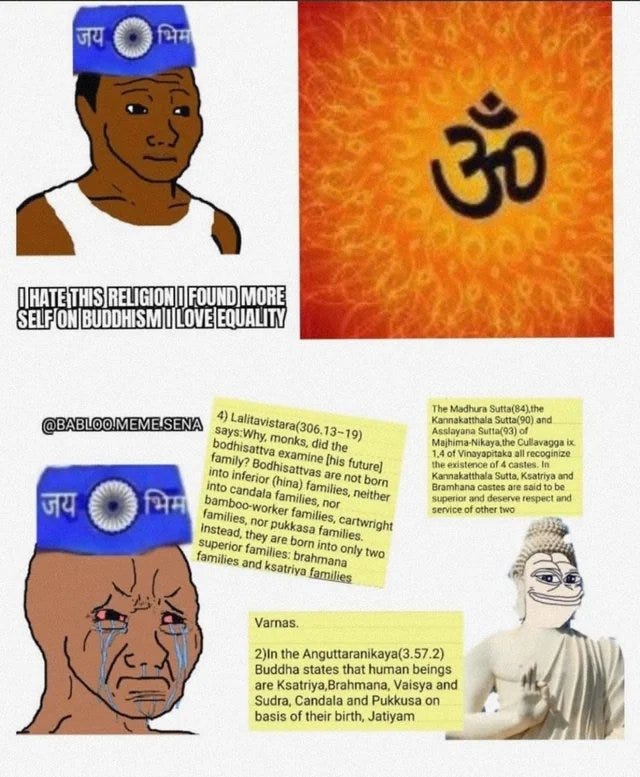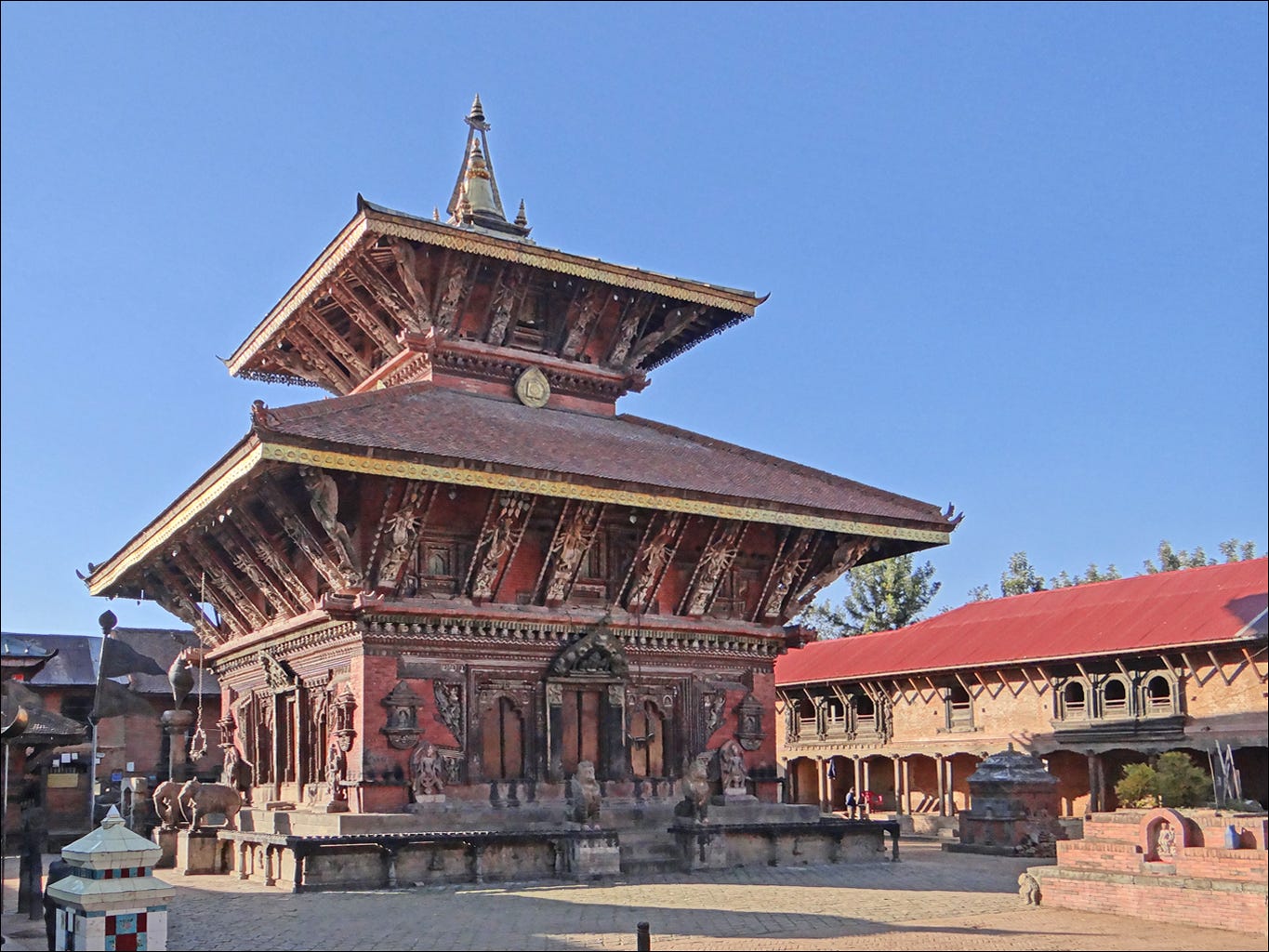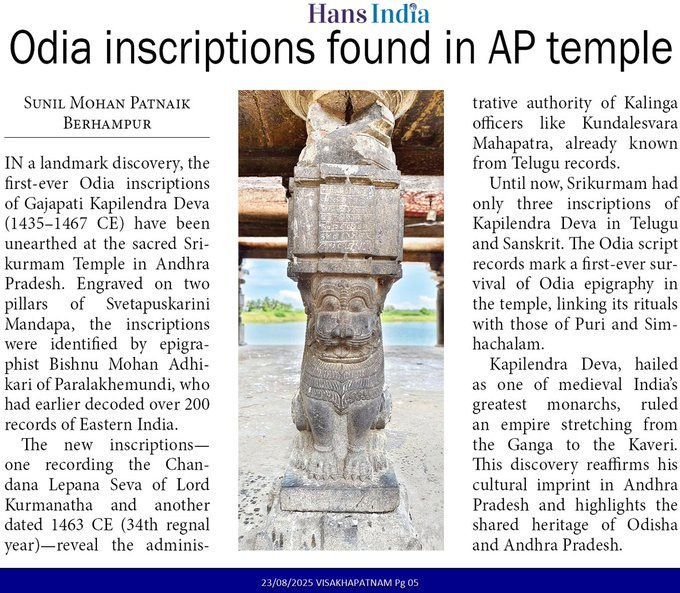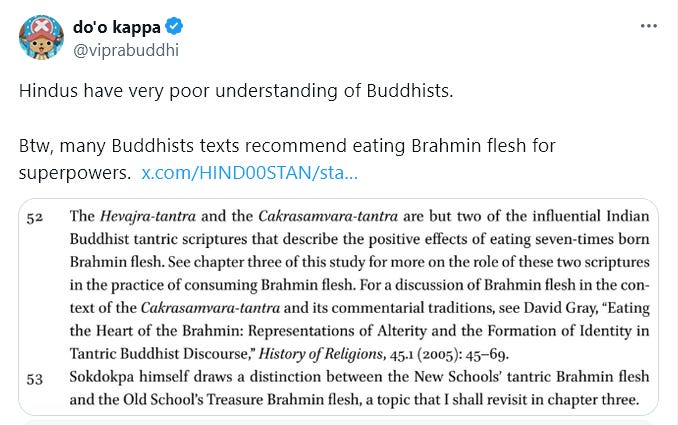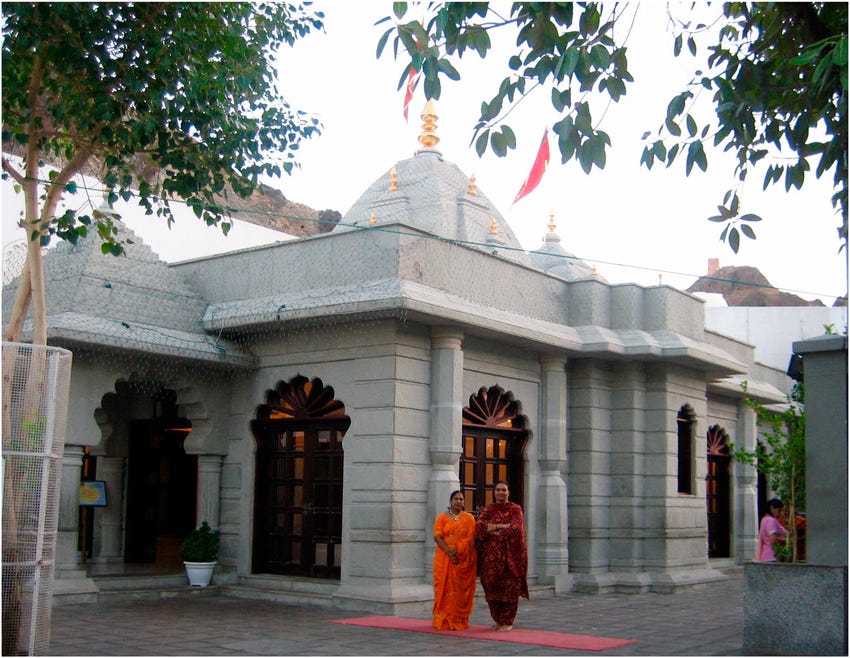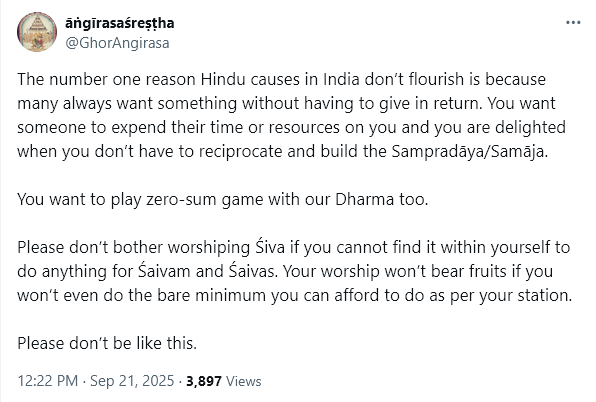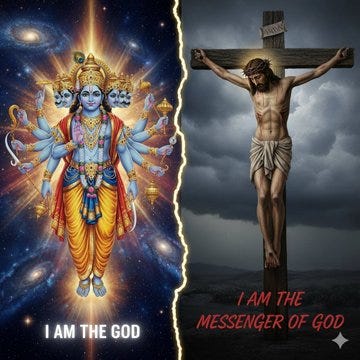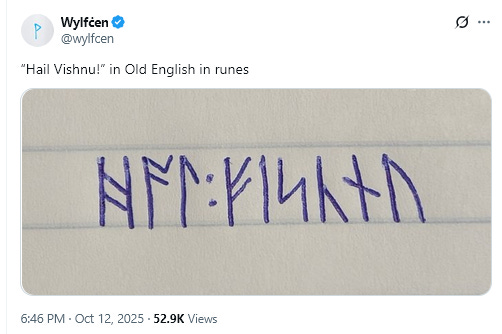Welcome to Eternal Path! This week we feature: Harmony between Registers of Hinduism, the Racist Hinduphobe Tour, and an aesthetic!
Religion Highlight: Harmony between Registers in Hinduism
Adapted from posts from @Ghorangirasa (Angirasasreshtha) and @blog_supplement (Manasataramgini) The original posts are linked in their @s.
Hinduism contains multitudes; whether its the 33 types of deities, the different sects of Hinduism, the different languages used by Hindus in their daily lives, the different ethnic and racial groups worshipping the Gods, and lastly, the levels by which Hindus perceive and practice the religion. Some perceive Hinduism at the level of a Philosophical exploration and some perceive it as simple bhakti (devotion), fueled purely by belief and tradition. How does one bridge high-level philosophy and texts with the Hinduism on the ground?
Manasataramgini (MT) below outlines how Hinduism has multiple “registers” of practice, with our analysis below the screenshot.
Category 1 is the Hinduism of the Vedas, Category 2 is Hinduism of the Vedas and a broader universe of texts (puranas, upanishads, etc) and Category 3 is Folk Hinduism. Most popular practice of “Hinduism” bridges categories 2 and 3. MT then defines someone that actually understands concepts across these registers as a tattvAvesha (Sanskrit for “one with a deep understanding of reality” - from tattva meaning “reality/truth” and avesha meaning “entering/infusion”).
So what is the takeaway here? The tattvAvesha, when they encounter a tradition in the Hindu universe, rather than acting in a sectarian way, or in criticizing it through a secularist lens will ask first “What else does this resemble in the broader Hindu tradition?” This is how Hindus gain an appreciation for all the intellectual layers of Hindu tradition, and how Hindus (especially in the diaspora) can bond with other Hindus, by participating in each other’s traditions by understanding how they relate to each other and to the timeless knowledge in the Vedas.
In an unrelated thread, Angirasashrestha below inadvertently resembles himself to be a tattvAvesha. He identifies a tradition from rural Andhra Pradesh (Category 3 - folk ritual) and links to a pure Vedic concept (Category 1 - Vedic ritual) and then later links to the Saiva agamas (Category 2, non-Vedic Sanskritic ritual).
Many will make an argument that tribal traditions are non-Hindu, and Hindus are often put on the backfoot because a tribal tradition may not be mentioned in the Vedas or other Sanskritic texts. However, Angirasashrestha through his example, and Manasataramgini through his framework, provide a blueprint for Hindus to assert the continuity of their tradition across intellectual registers. May we all become tattvAvesha and continue to build a stronger Hindu community.
Hinduphobia Highlight: Religious Nationalism Tour
In a country where Islamic terrorism and White Nationalism are two of the most dangerous and deadly ideologies, and one with a Northern neighbor where Khalistani terrorism is a deadly ideology comes the “Bay Area Religious Nationalism Tour”, a collaboration between: The New York State Council of Churches, the Indian American Muslim Council, and the White Christian Nationalisms Task Force focused on the “Weaponization of Hinduism in Northern California”.
This sort of insidious Hinduphobic handshake between leftist wokes and Islamist and Christian bigots is part of a movement to salt the earth against any expression of Hinduism. This tour also stops at a Sikh temple known for Khalistani sympathizers. Groups associated with these clowns have claimed things like Bal Vihar classes and parades featuring temples are dangerous religious nationalism. This puts a target on the back of the Hindu community.
Unsurprisingly the fraud group “Hindus for Human Rights” (HfHR) has not condemned this Hinduphobic tour. It is incumbent for Hindus to call these people out consistently as the bigots they are. Make sure that people know these folks are bigots, and that so-called “Hindus” like those in HfHR do not represent the Hindu community.
